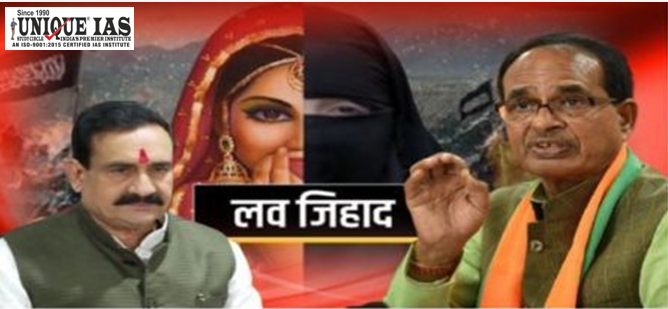Migrant Labor-प्रवासी श्रमिक
A migrant worker is a person who migrates within a home country or outside it to pursue work. Migrant workers usually do not intend to stay permanently in the country or region in which they work.
In India, Migrant workers usually refer to those who engage in internal migration within the country, often to seek employment.
Internal migration refers to the movement of people from one place to another within the same country.
The Economic Survey pegged the size of the migrant workforce at roughly 20 percent or over 10 crore in 2016.
Major origin states of internal migration:
Uttar Pradesh, Bihar, Rajasthan, Madhya Pradesh, Jharkhand, and Odisha.
Major destination states of internal migration:
Maharashtra, Delhi, Gujarat, Tamil Nadu, Karnataka, and Punjab.
Sectoral composition:
The share of migrant workers is the highest in the construction sector for females while the highest number of male migrant workers are employed in public services (transport, postal, public administration services) and modern services (financial intermediation, real estate, renting, education, health).
Problems Faced by Migrant Workers in India?
Exploitation by middlemen: Migrant workers often rely on middlemen or labor contractors to find work, who take advantage of their vulnerable position by charging high fees and forcing them to work in unsafe and exploitative conditions.
Lack of coordination among states: There is inadequate coordination among states on a formal exchange of information on migrant workers.
Lack of job security: Migrant workers often work in unorganized and informal sectors with low wages and no job security. They are vulnerable to exploitation, including being paid less than minimum wages, being forced to work long hours, and being subjected to unsafe working conditions.
Social exclusion: Migrant workers are often stigmatized and discriminated against due to their ethnicity, language, and cultural differences.
Lack of legal protection: They often face difficulties in accessing justice when their rights are violated. They are not covered by most labour laws and do not have access to social security benefits.
Inadequate living conditions: Migrant workers often live in crowded and unhygienic living conditions, with limited access to sanitation facilities. This makes them vulnerable to diseases and illnesses.
Lack of access to education: Migrant children often face challenges in accessing education due to language barriers and discrimination. Many of them drop out of school to support their families.
In the absence of data, it is difficult to track labourers during times of crisis.
Legal Framework for Migrant Welfare?
The Inter-State Migrant Workmen Act, 1979
The Act mandates that the establishment which proposes to employ migrant workers be required to be registered with destination states.
Contractors will also have to obtain a license from the concerned authority of the home states as well as the host states.
Strategies for Change:
Awareness and Enforcement: Raising awareness about bonded labor and enforcing existing laws are crucial steps.
Skill Development: Providing vocational training and skill development programs can empower individuals to break free from the cycle of bonded labor.
Community Support: Strengthening community networks and ensuring social unity can help combat exploitation.
Government Accountability: Holding authorities accountable for the timely identification, release, and rehabilitation of bonded laborers is essential.
Welfare of Migrant Workers
Pradhan Mantri Garib Kalyan Yojana –
After the lockdown, Pradhan Mantri Garib Kalyan Yojana with a financial package of Rs. 1.7 lakh crore was launched to help poor, needy, and unorganized sector workers of the country.
PM SVANidhi Scheme-
The Scheme was launched to facilitate collateral-free working capital loans up to Rs.10,000/- of one-year tenure, to approximately, 50 lakh street vendors, to resume their businesses.
Pradhan Mantri Garib Kalyan Rojgar Abhiyan To facilitate the employment of migrant workers who have gone back to their home state, Pradhan Mantri Garib Kalyan Rojgar Abhiyan was initiated in 116 districts in Mission Mode.
State migrant cell-
Migrant workers’ Cell is being created to prepare a database of migrant workers in states with mapping.
eShram portal:-
It is a national database created to register the unorganized workers in the country, including the migrant workers.
National policy on migrant workers NITI Aayog has been mandated to prepare a draft national policy on migrant workers to reimagine labour-capital relations while integrating the migrant workers within the formal workforce.
-------------------------------------




.jpg)
.jpg)
.jpg)
.jpg)
.jpg)



23.jpg)

